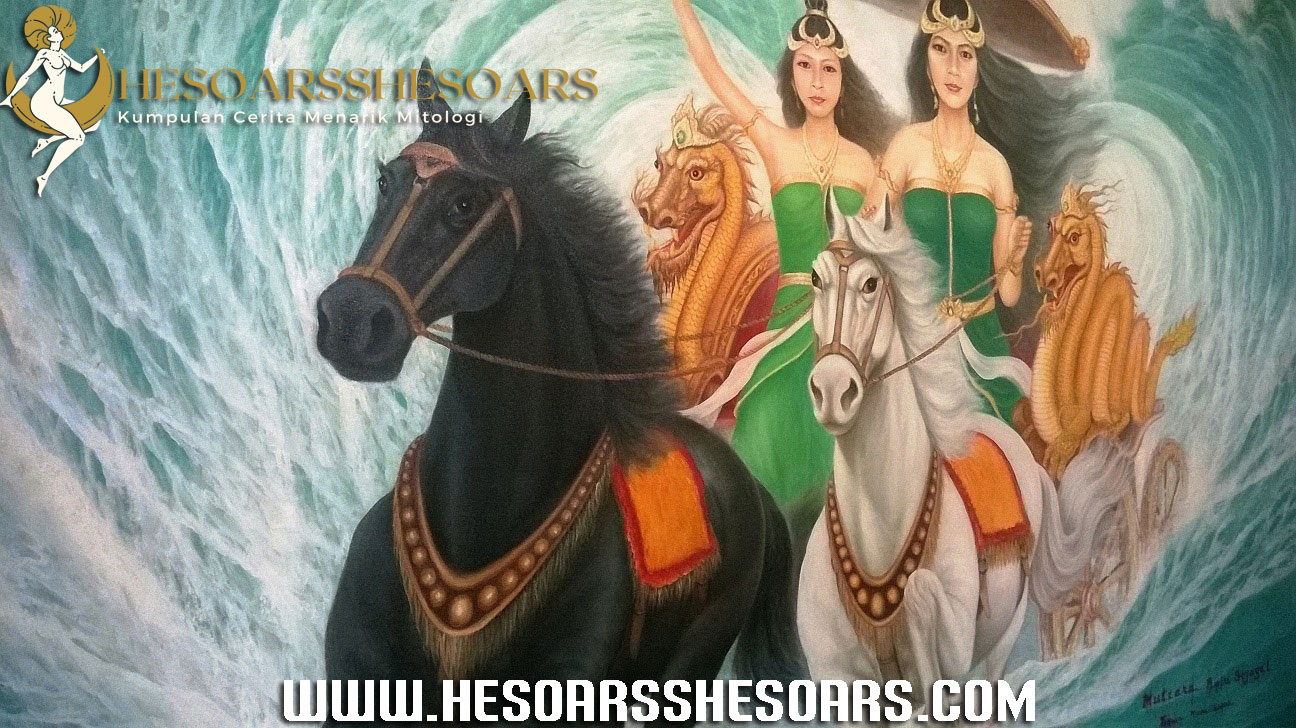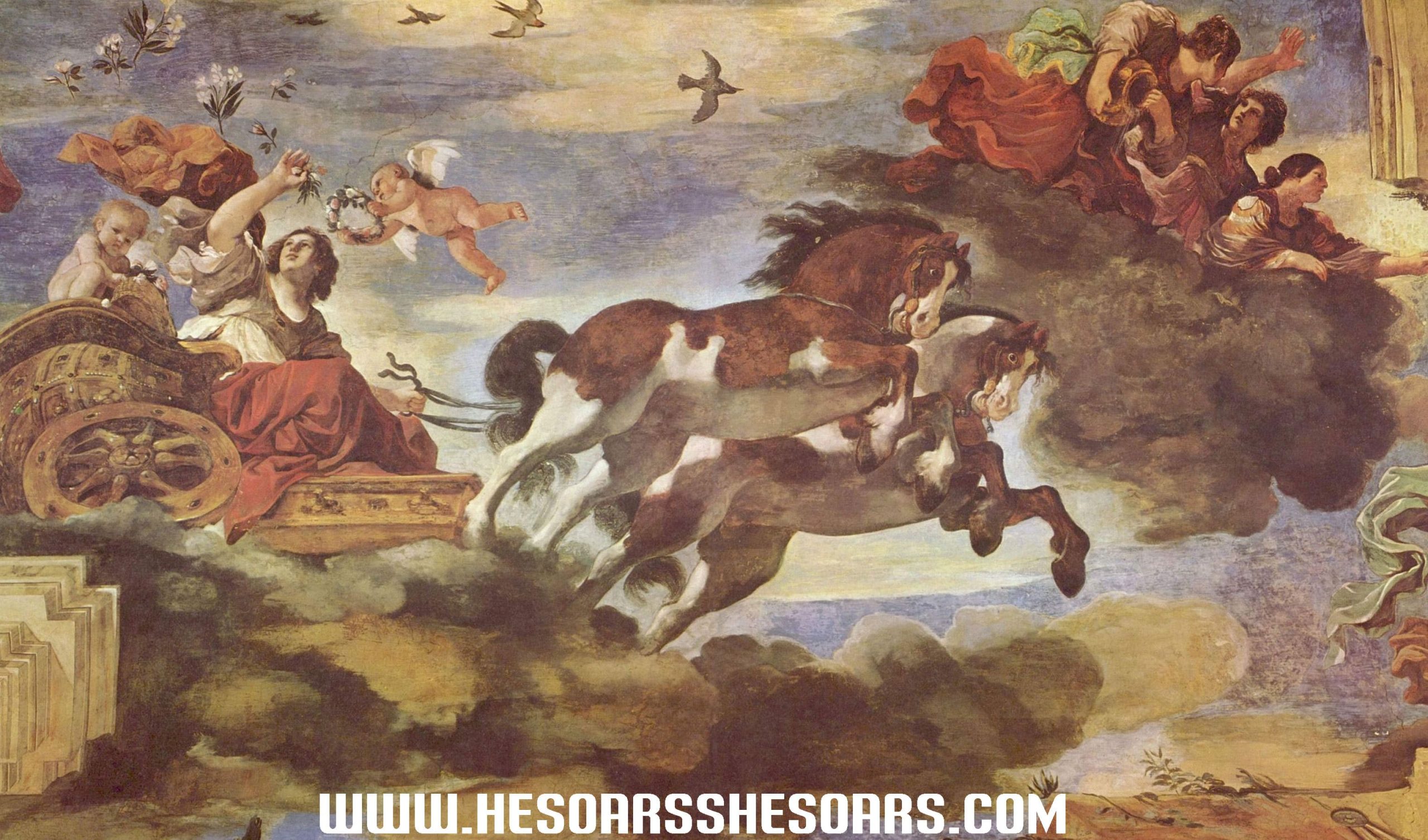Introduction
Mythology, from ancient times to the modern era, has played an important role in coloring human culture and thought. Through compelling narratives, mythology not only serves as a means of entertainment, but also as a window to understand the complexity of life, moral values, and the human search for the meaning of life. In this more in-depth article, we will explore the philosophical riches of this fascinating mythology.
Mythology as a Reflection of Human Life
Mythology often depicts the reality of human life in a fantastic and metaphorical form. Gods, goddesses, heroes, and mythical creatures often represent human traits such as courage, envy, love, and betrayal. For example, in Greek mythology, Zeus symbolizes leadership and power, while Hera represents dedication and jealousy. These stories provide insight into the social norms, ethical dilemmas, and internal conflicts that society faced at that time. They also provide lessons on how to handle life’s challenges and problems.
Symbolism and Allegory in Mythology
Symbolism is an important aspect of mythology that allows complex stories to be told in a simpler yet profound form. Mythological stories often use metaphors and symbols to convey philosophical and existential ideas. The phoenix rising from the ashes in Greek mythology, for example, is a symbol of rebirth and immortality. This symbolism allows for multi-dimensional interpretation, making these stories not only narratively interesting but also rich in meaning.
Mythology and the Search for the Meaning of Life
Themes of search and self-discovery are very common in mythology. These stories often revolve around the journey of heroes who face various obstacles and challenges to achieve a higher goal or understanding. In Greek mythology, Odysseus’ long and fraught journey, for example, is not only physical but also symbolic, reflecting his inner struggle and search for identity and purpose in life. These stories inspire us to explore and understand the world around us, and to seek a deeper understanding of ourselves.
Mythology as a Medium of Reflection and Introspection
Beyond narratives about gods, goddesses and supernatural beings, mythology provides a platform for humans to reflect and introspect themselves and their social environment. These stories allow us to question our values, reflect on the decisions we make, and understand the consequences of our actions. Mythology offers a perspective on human psychology, morals, and ethics, allowing us to see the world from a different and more colorful viewpoint.
Closing
In modern civilization, mythology remains relevant as a source of inspiration, teaching, and reflection. Through understanding the philosophical meaning contained in it, we can appreciate more deeply the richness of human culture and history. Mythological stories not only give us insight into the past, but also help us understand and navigate the complexities of life and the universe we inhabit. Mythology, with all its symbolism and allegory, remains an enduring and enchanting narrative, teaching us about human courage, wisdom, love and resilience across time and space.




